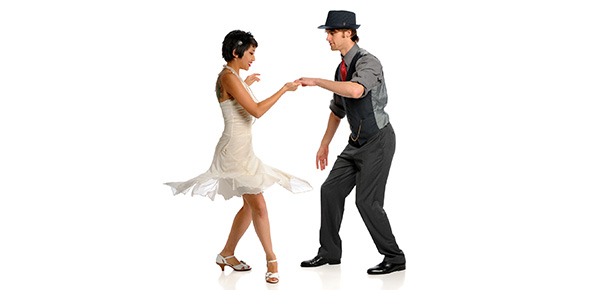Related Flashcards
Cards In This Set
| Front | Back |
|
Conflict
|
A process that begins when one party perceives that another party has negatively affected, or is about to negatively affect, something that the first party cares about.
|
|
Traditional View of Conflict
|
The belief that all conflict is harmful and must be avoided.
|
|
Human Relations View of Conflict
|
The belief that conflict is a natural and inevitable outcome in any group.
|
|
Interactionist View of Conflict
|
The belief that conflict is not only a positive force in a group but that it is also an absolute necessity for a group to perform effectively.
|
|
Fuctional Conflict
|
Conflict that supports the goals of the group and improves its performance.
|
|
Dysfunctional Conflict
|
Confict that hinders group performance.
|
|
Task Conflict
|
Conflict over content and goals of the work.
|
|
Relationship Conflict
|
Conflict based on interpersonal relationships.
|
|
Process Conflict
|
Conflict over how work gets done.
|
|
Conflict Process
|
A process that has five stages: potential opposition or incompatibility, cognition and personalization, intentions, behavior, and outcomes.
|
|
Perceived Conflict
|
Awareness by one or more parties of the existence of conditions that create opportunities for conflict to arise.
|
|
Felt Conflict
|
Emotional involvement in a conflict that creates anxiety, tenseness, frustration, or hostility.
|
|
Competing
|
A desire to satisfy one's interests, regardless of the impact on the other party to the conflict.
|
|
Collaborating
|
A situation in which the parties to a conflict each desire to satisfy fully the concerns of all parties.
|
|
Avoiding
|
The desire to withdraw from or supress conflict.
|






